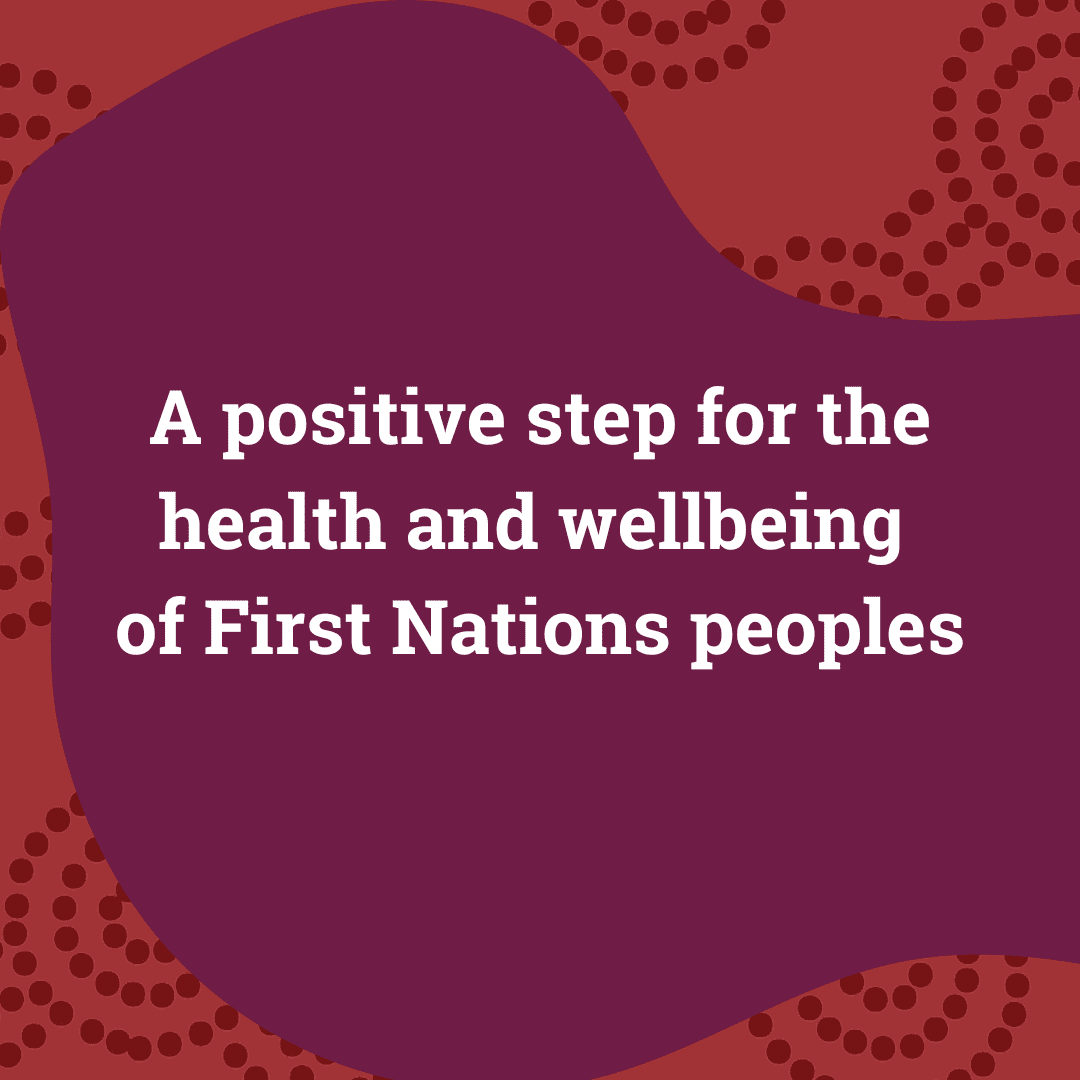New economic measurement framework: a positive step for the health and wellbeing of First Nations peoples

Lowitja Institute welcomes recommendations outlined by the Joint Standing Committee on Aboriginal and Torres Strait Islander Affairs in response to the Inquiry into economic self-determination and opportunities for First Nations Australians.
The recommendations align with the Institute’s longstanding advocacy for addressing the economic determinants of health and wellbeing, alongside cultural, social, political, and planetary factors.
Paul Stewart, CEO for Lowitja Institute – Australia’s only national Aboriginal and Torres Strait Islander health research institute – commended the Joint Standing Committee’s recommendations to create a systematic and data-driven approach to identify gaps in key areas such as education, employment and health.
‘For over 20 years, Lowitja Institute has highlighted that economic disempowerment has profoundly affected the health outcomes of Aboriginal and Torres Strait Islander peoples. This ongoing impact extends to the health and wellbeing of future generations.
‘When I speak to Aboriginal and Torres Strait Islander experts and peak health organisations, on the ground, it is widely acknowledged that non-medical and behavioural influences play a significant role in shaping health outcomes. Economic factors are a key part of this broader picture, and economic self-determination is crucial for improving the health and wellbeing of our peoples,’ Mr Stewart said.
The economic measurement framework will give policymakers clear, targeted data on the socio-economic conditions of Aboriginal and Torres Strait Islander communities, which will enable governments to address disparities effectively and ensure that policies are better tailored to the specific needs of these communities.
Mr Stewart said Aboriginal and Torres Strait Islander peoples have been working tirelessly to reclaim their economic self-determination, alongside broader self-determination, as part of a collective effort to restore the health and wellbeing of our communities.
‘The right to self-determination, including the right to pursue economic development, is enshrined in the United Nations Declaration on the Rights of Indigenous Peoples, and we must ensure this is upheld when it comes to making decisions that impact our peoples.’
‘This framework acknowledges that true self-determination can only be achieved when our peoples are empowered to control their own economic future, ultimately leading to better health outcomes and a stronger, more resilient future,’ Mr Stewart said.
A central component of this initiative is the ability to highlight socio-economic variations within Aboriginal and Torres Strait Islander communities. This will allow for more nuanced and informed decision-making, ultimately leading to more equitable and culturally relevant interventions.
‘By providing a clear, measurable understanding of the challenges we face, this initiative will not only support our long-term autonomy but also strengthen opportunities for our peoples when it comes to policies that impact our health and wellbeing.’ – Mr Paul Stewart, CEO Lowitja Institute

